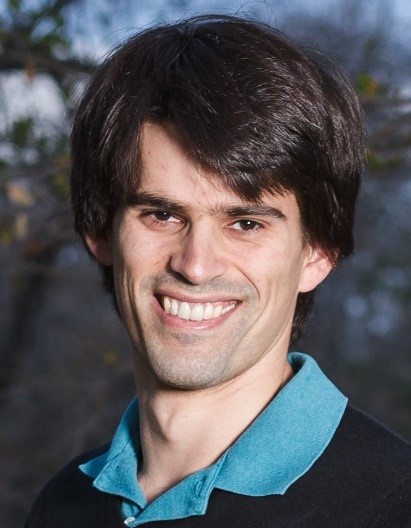Abstract
Scalable quantum computing fundamentally relies on quantum error correction and fault-tolerance. Sustained efforts in the engineering of controllable quantum systems and high-fidelity quantum measurement have driven these theoretical concepts into the domain of practical experimental science. In this talk, I will present evidence that the physics of quantum error correction is also a generic, emergent property of quantum many-body systems subject to continuous monitoring of their environment. Using toy models based on random unitary dynamics interspersed with projective measurements, I will describe precise connections that arise between fundamental notions of quantum error correction, such as the channel capacity, and the existence of a phase transition in these models as one tunes the measurement rate. I will then show how to define a local order parameter for this transition that is defined by the ability of the system to protect initially local quantum information for exponentially long times. This construction points to scalable probes of the transition that are immediately applicable to quantum computing platforms such as trapped ions or superconducting qubits. Studying this class of measurement-driven many-body dynamics may ultimately lead to more efficient realizations of scalable, fault-tolerant quantum computing, as well as deepen our understanding of the transition from quantum to classical physics in many-body systems.
Event Details
Date/Time:
-
Date:Wednesday, February 26, 2020 - 3:00pm
Location:
KLAUS 266 Ferst Dr NW, Atlanta, GA 30332 Klaus 1116 East & West
For More Information Contact
Prof. Colin Parker



